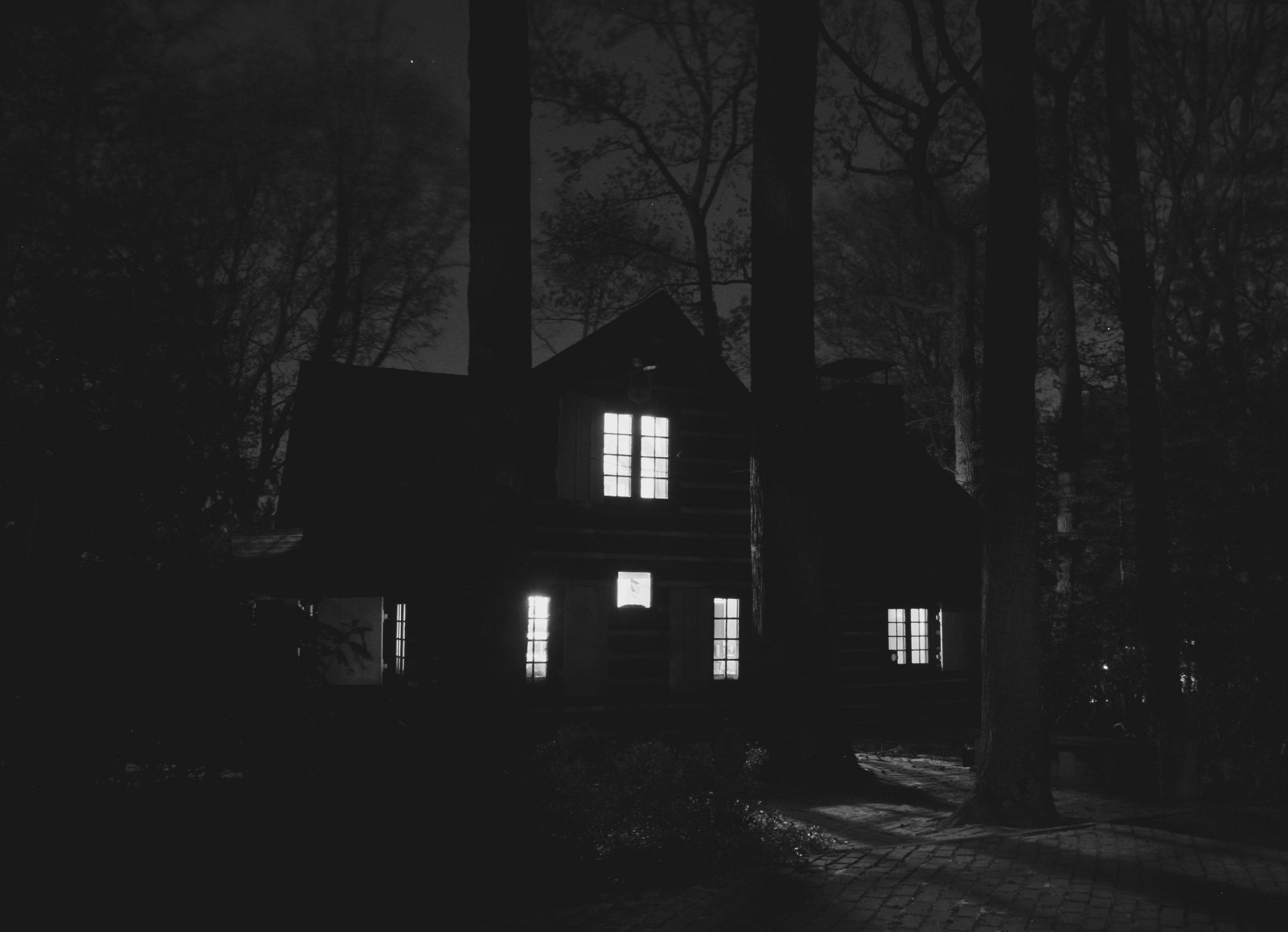The most common landlord-tenant disputes can be avoided by knowing the law and proper procedure. Here are some of the most common problems and how you can avoid them. Your tenants have rights and these rights vary from county to county, but in general, the following are the rights of the tenant and the obligations of the landlord.
Homeowners must provide a livable environment.
Local building codes and fire and health departments will provide minimum requirements. They generally include, but are not limited to, the following:
1. Heat. It is sometimes measured as BTU output per square foot. Sometimes heating and air conditioning providers can do the calculation for you if there has been a complaint with the local rental board.
2. Tap water: Clean tap water with no leaks that can cause moisture and mold.
3. Adequate electricity in all rooms with functional wall outlets.
4. Clean and sanitary premises.
5. Adequate ventilation.
6. Structurally safe premises.
7. Many cities require the installation of smoke detectors.
8. Functional and secure locks on doors and windows that provide a minimum degree of security against intruders.
Your local building or housing authority and the health or fire department can provide information on local housing codes and penalties for violations.
AVOID: A tenant can also sue the landlord for a refund of the old rent in some communities for discomfort caused by poor conditions.
Repair
Tenants have the right to professional and timely repairs. The best way to avoid a problem is to have the tenant fill out a maintenance request form and sign and date it.
Use licensed professionals:
1. Keep a file of all your suppliers and repair personnel.
2. Keep a copy of your license and make sure you have a copy of your general liability insurance and worker’s compensation on file. Pay attention to the dates and make sure the license and insurance are up to date. REMEMBER that if the contractor is not insured, you are the insurer.
3. Save all receipts and make sure they are dated to protect against claims against you that repairs were never made.
When to enter a tenant unit
Most states require a minimum 24 hour notice prior to entry. If notification must be mailed, we recommend a certified letter and one week’s notice.
Post the notice on the door. Create a form indicating the delivery date of the 24-hour notice and submit it.
ALWAYS touch and call before entering. Surprising a tenant can lead to a lawsuit. NEVER enter yes
1. Only one minor is at home
2. If there are sexual or hostile advances. Just leave and document the circumstances and send a letter outlining the reasons you did not enter. If you must come in for repairs, make another appointment and always have a staff member with you.
Secure the building
You are responsible for the safety of your tenants. Always have working windows and doors in your building.
1. Make sure all locks are secure and in good working order.
2. Exterior doors must have exterior locks.
3. Repair all broken windows.
4. Have a clearly marked emergency exit and it is a good idea to have a quick escape bar.
5. Make sure the building is adequately lit and that all hallways and alleys are also adequately lit.
Inspections
1. Perform annual inspections of all sprinkler systems.
2. Have annual inspections of all elevators.
3. Save all inspection reports and make sure they are dated.
4. Conduct general inspections of all stairways and porches. Document and photograph all repairs.
Why do all this?
A tenant can sue you for personal injury for medical bills, lost earnings, emotional distress, pain, disability, or disfigurement. A tenant can also sue for damage to personal property as a result of unsafe conditions.
Howard Bell for yourpropertypath.com



